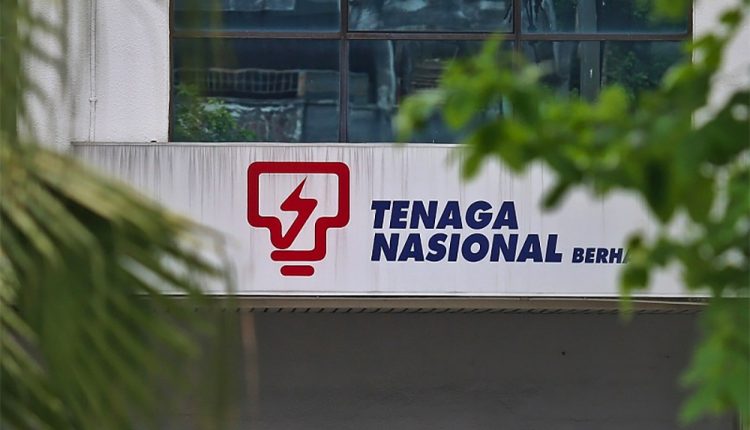KUALA LUMPUR: Tenaga Nasional Bhd’s imbalance cost pass through (ICPT) receivables should trend lower amid moderating coal prices, following the government’s commitment to uphold the framework with consistent payment to the utility provider.
-Advertisement-
RHB Research in a note said Tenaga has received RM9.13bil out of a total RM10.4bil ICPT cost recovery from the government.
“This demonstrates the government’s commitment in upholding the Incentive Based Regulation (IBR) framework and ICPT mechanisms.
“As such, we expect ICPT receivables to be lower on the back of the lower ICPT charge,” it said in a note.
The research firm added that the total ICPT cost to be recovered in 2H23 is estimated at RM9bil, based on the current fuel price trend.
As the government is committed to subsidise RM5.2bil in 2H23, it estimates the remainder will be collected from the surcharges imposed.
Last Friday, the government announced that the ICPT mechanism will remain in place for 2H23.
It also announced several tariff adjustments, which include a 10sen/KWh surcharge imposed on high-consumption domestic users with usage of 1,500KWh and above.
-Advertisement-
There was also a surcharge reduction of 20sen/kWh to 3.7 sen/kWh for the new category of non-domestic consumers, namely state water and sanitation operators, as well as a surcharge reduction of 20sen/kWh to 17sen/kWh for medium-voltage and high-voltage industrial and commercial users.
“Such adjustments are somewhat within expectations as the domestic segment remains largely subsidised and reflects a slight decrease in average fuel prices to US$173.50/tonne in 1H23 from US$224/tonne in 2H22,” said RHB.
The research firm upgraded its recommendation on Tenaga to “buy” with an unchanged target price of RM10.40.
It said there was limited regulatory risk as the government has upheld the ICPT framework,
ensuring its defensive earnings profile coupled with lesser working capital strain given the moderation of coal prices.
However, it added that Tenaga has to pursue its expansion in renewable energy more aggressively to achieve its 8.3GW target by 2025 as compared to 3.9GW in 1Q23.
– The Star

